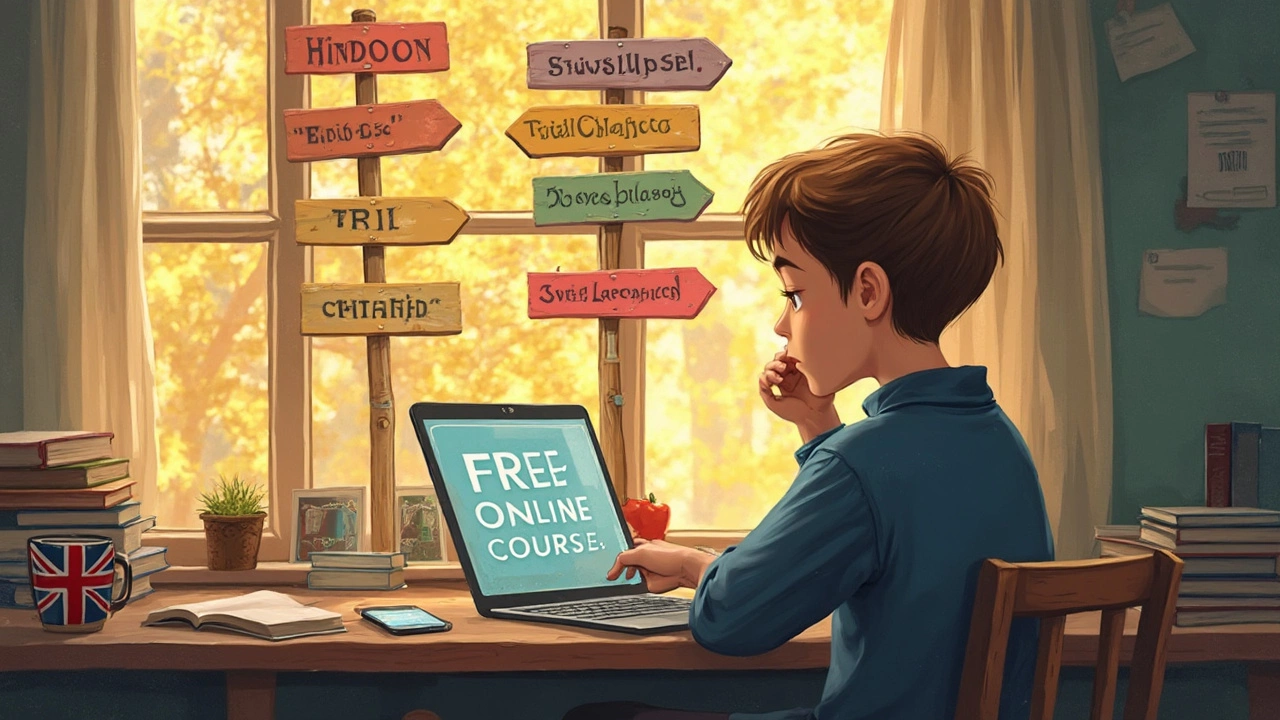Why Certification Matters and How to Get Started
Ever wonder why so many job ads ask for a certification? It’s not just a buzzword. A certificate shows you’ve learned a specific skill, proved it in a test, and are ready to apply it at work. Employers see it as a low‑risk way to hire someone who can hit the ground running.
But certification isn’t only for job hunters. Teachers, parents, and anyone looking to learn something new can use it to track progress and stay motivated. Think of it as a badge that tells the world you’ve put in the effort.
Pick the Right Certification for Your Goals
First, decide what you want to achieve. Want a raise? Look for industry‑recognised certificates like Project Management Professional (PMP) or Microsoft Certified: Azure Fundamentals. Want to teach better? Consider a teaching qualification such as the UK’s PGCE or a specialist badge for special‑needs education.
Next, check if the issuing body is reputable. Look for accreditation from recognized organisations – for example, the British Computer Society for IT or the Chartered Institute of Personnel and Development for HR. A trusted badge carries more weight on a CV.
Don’t chase every shiny certificate. Choose one that aligns with your current role or the job you’re eyeing. This focus saves time, money, and keeps your learning path clear.
Simple Steps to Earn a Certification
1. Research the requirements. Most certificates list the exams, coursework, or work‑experience needed. Write down the deadlines and any fees.
2. Gather study material. Use official guides, free online videos, or join a study group. Many providers offer practice tests that mimic the real exam.
3. Schedule a study plan. Break the content into weekly chunks. Even 30 minutes a day adds up and prevents cramming.
4. Take the exam. Most exams are computer‑based and can be booked at a testing centre or online. Arrive early, read each question carefully, and flag anything you’re unsure about to revisit.
5. Update your profile. Add the new credential to your LinkedIn, CV, and any professional portfolios. Mention the skills you gained and how they solve real problems.
If you don’t pass on the first try, don’t panic. Review the areas where you struggled, use the feedback, and retake the test. Many people need two attempts, and the extra effort often deepens your understanding.
Certification also opens doors to networking. Join forums, attend webinars, or go to local meet‑ups for people with the same badge. Those connections can lead to job leads or collaborative projects.
Finally, keep your certificate current. Some fields, like cybersecurity, require renewal every few years. Stay on top of continuing‑education credits so your badge never loses its relevance.
Whether you’re a teacher looking to improve classroom practice, a freelancer aiming for higher rates, or a student planning the next career step, certification offers a clear roadmap. It tells employers you’re committed, gives you measurable goals, and often translates directly into higher pay.
Ready to start? Pick one credential that matches your ambition, follow a simple study plan, and claim the badge that proves your expertise. The effort you put in today can pay off in the form of new opportunities, confidence, and a stronger professional profile.

Are Free Online Courses Really Free? What You Need to Know
- by Eliza Fairweather
- on 30 Apr 2025
Are free online courses too good to be true? This article breaks down what 'free' really means when it comes to online learning. You’ll learn about hidden costs, common traps, and what you actually get for free. We cover popular platforms, real-life examples, and tips to help you make smart learning choices. Find out before you hit that enroll button.
